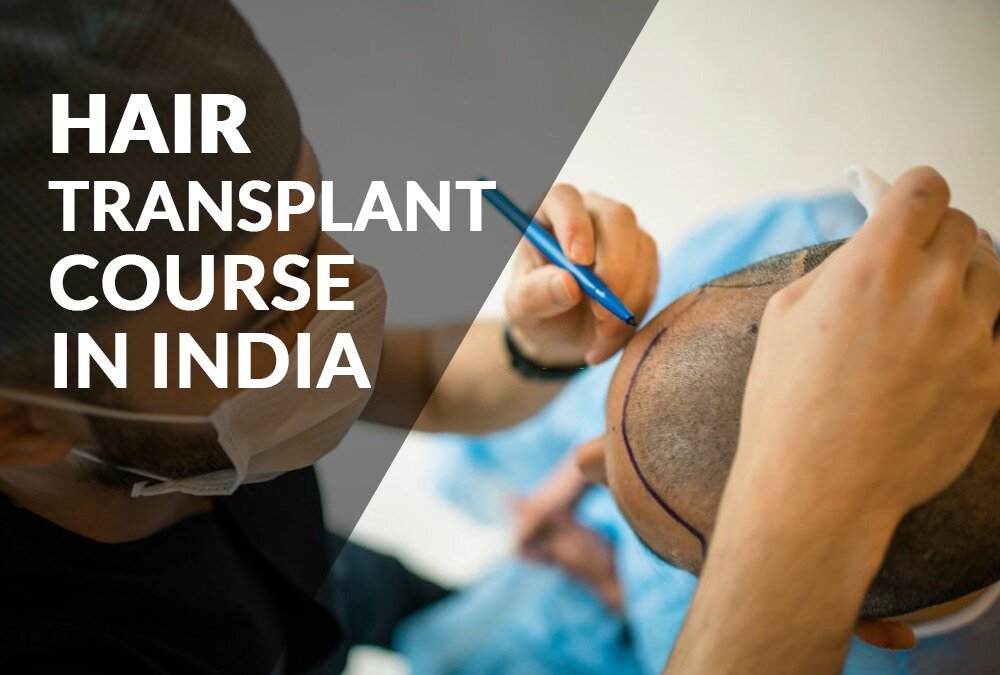Aesthetic medicine is a rapidly growing field that involves a range of procedures aimed at improving a person’s appearance. It encompasses various treatments such as cosmetic surgery, dermatology, and non-surgical procedures. The field of aesthetic medicine has gained immense popularity in recent years, and there are many cosmetology courses available that offer training in aesthetic medicine. In this blog, we will discuss everything you need to know about aesthetic medicine, including the benefits of pursuing a hair transplant course or other cosmetology courses.
What is Aesthetic Medicine?
Aesthetic medicine is a medical field that focuses on improving a person’s physical appearance through non-invasive and minimally invasive procedures. This can include anything from facial rejuvenation, to hair restoration, to body contouring. Aesthetic medicine is a unique field because it combines medical knowledge with artistry to produce natural-looking results that enhance a person’s features.
Also Read: 6 Most Affordable Ways to Become a Cosmetologist
Benefits of Pursuing Aesthetic Medicine
One of the biggest benefits of pursuing aesthetic medicine is that it is a growing field with high demand for qualified professionals. Many people are looking for ways to improve their appearance, and as such, there is a need for trained individuals to perform these procedures. Pursuing a hair transplant course or other cosmetology courses can give you the skills and knowledge needed to succeed in this field.
Additionally, aesthetic medicine is a rewarding career path because it allows you to help people feel more confident and comfortable in their own skin. Many patients who undergo aesthetic procedures report feeling more self-assured and positive about their appearance, which can lead to improved mental health and wellbeing.
Popular Aesthetic Procedures
There are many aesthetic procedures available, and the right one for you will depend on your individual goals and concerns. Some popular aesthetic procedures include:
Also Read: Beauty and Beyond: Exploring the Benefits of a Career in Esthetics
Botox and Dermal Fillers: These are non-surgical procedures that help reduce the appearance of wrinkles and fine lines. Botox works by relaxing the muscles that cause wrinkles, while dermal fillers add volume to areas that have lost fullness.
Hair Transplant: A hair transplant is a surgical procedure that involves moving hair follicles from one area of the body to another to promote hair growth in areas that have experienced hair loss.
Laser Hair Removal: This is a non-surgical procedure that uses lasers to remove unwanted hair from various parts of the body.
Body Contouring: This includes various surgical and non-surgical procedures aimed at improving body shape and contour.
Also Read: Understanding the Cosmetology Syllabus
Conclusion
Aesthetic medicine is a fascinating and rewarding field that can offer many benefits for those who pursue it. If you are interested in learning more about aesthetic medicine, there are many cosmetology courses available that can provide you with the knowledge and skills needed to succeed in this field. Whether you choose to pursue a hair transplant course or another type of cosmetology course, you can be sure that you are entering a growing field with high demand for qualified professionals.


